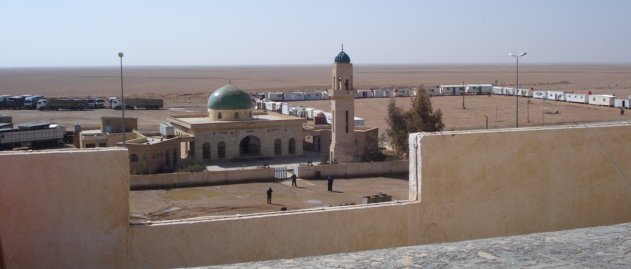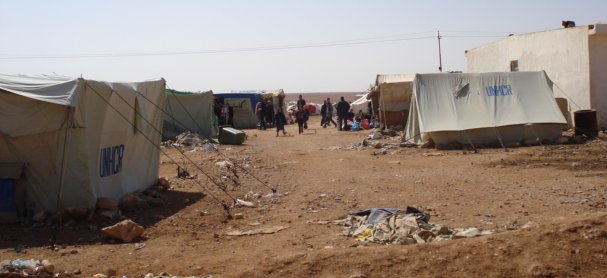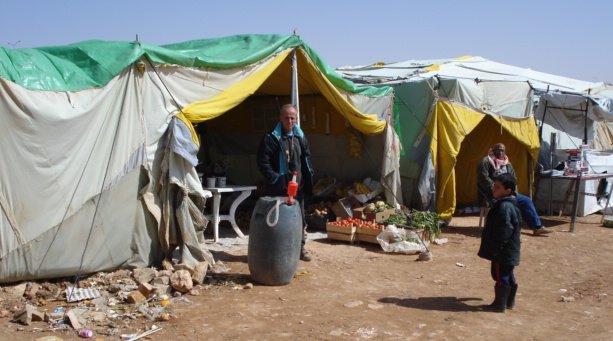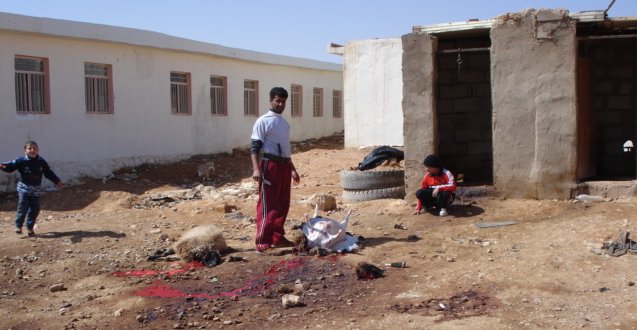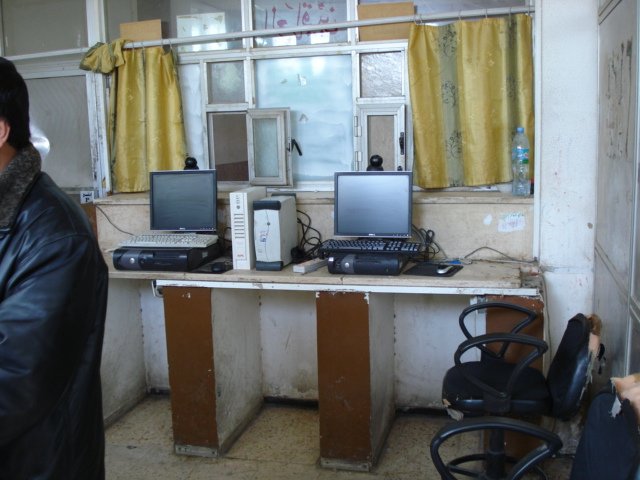
Foreign terrorists are the most serious problem, but fraud at border crossings is a border crossing problem in all times and places and routine fraud is a lot more common. The POE at Waleed processes many travelers every day and among the travelers are some dishonest people, some very clever.
The new director of the passport unit was a real professional. He showed us a variety of fake visas, each more professionally done than the last. At first they were easy to detect. Forgers merely replaced a page or photo shopped in a different picture. They became more and more professionally done. Eventually, the only way to tell the fraudulent passports from the real ones was by matching their serial numbers. Finally it was not even possible to do that. The director showed us a perfect fake passport. If it was perfect, how did it come to be detected? The director was a very intelligent man, but unassuming. He reminded me of Colombo on the old television series, a little disheveled and diffident. He explained that his experience made him think something was wrong. As he asked a few questions, it became clear that the passport holder knew few details about the city where he ostensibly lived. The director cracked the case the old fashioned way: with experience, persistence and intelligence. As I said, a real professional.
The director told us that the most common passport besides Iraqi was Syrian. This is not surprise at the Syrian border. Next most common? Swedish. Who’d a thought that? But it makes sense. Lots of Iraqis have gone to Sweden over the years seeking asylum. Now they come back, at least temporarily, but it is still good to have that kind of document.
The POE has access to decent equipment, but it is hooked up to a primitive system. To make the black light machine work properly, the director had to jiggle the plug in the outlet. Offices left the impression of an abandoned building. The director told us that he was going to go down to Baghdad and make sure he got some renovations done. If he is as good at this part of his job as he is at detecting fraud, he will probably succeed.

